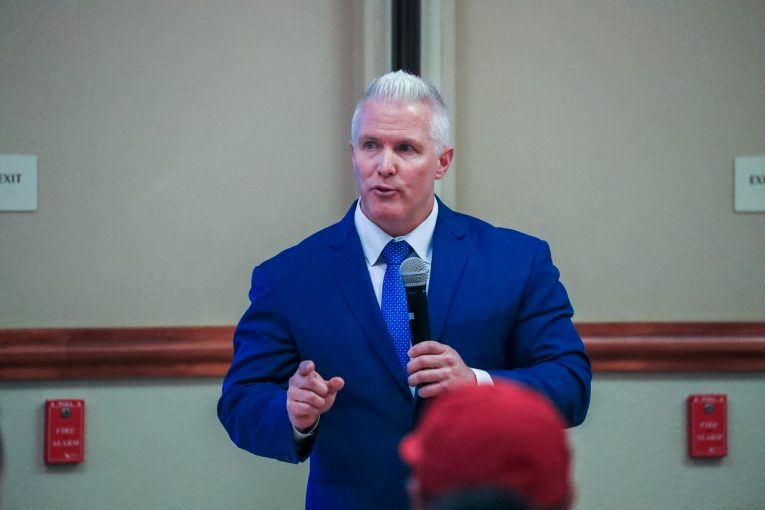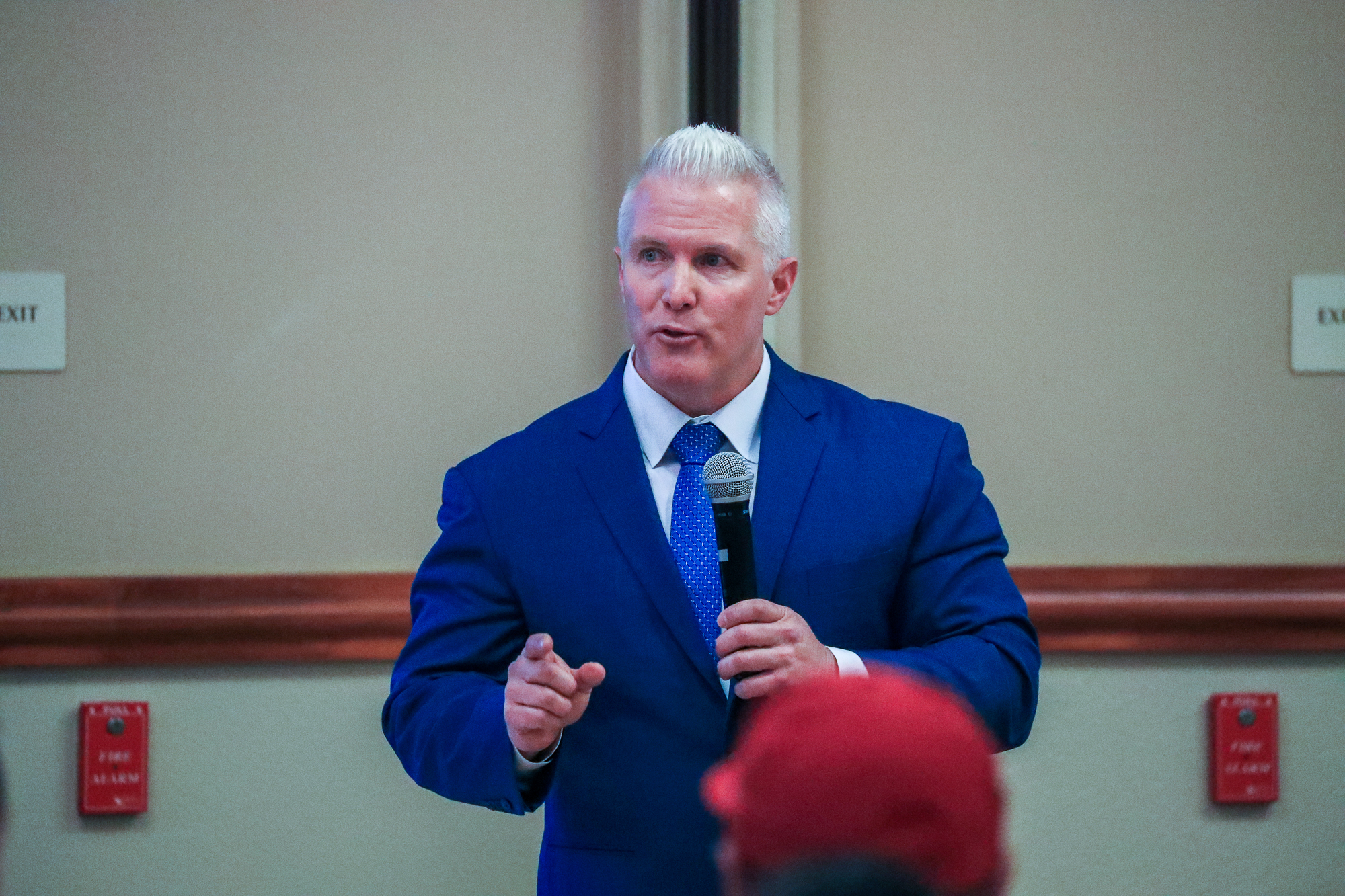

By Robert J Hansen
Woodland, CA – The Yolo County District Attorney Jeff Reisig touted his office’s innovative, progressive diversion programs throughout the entire election cycle up until he was elected to a fifth term in last year’s June primary election.
“This is what I have been doing as district attorney,” Reisig said last April. “Our programs have helped thousands of people. The data tells the truth.”
A month after the election, the Yolo DA’s office released a statement saying that for six months, as of January 2022, the District Attorney amended the Harm-Reduction (HR) Diversion program so that all individuals arrested for drug possession and related offenses were formally charged with all appropriate offenses.
six months, as of January 2022, the District Attorney amended the Harm-Reduction (HR) Diversion program so that all individuals arrested for drug possession and related offenses were formally charged with all appropriate offenses.
“Unfortunately, the results of our program proved that this type of harm reduction approach for such drug offenses is not an effective strategy, Reisig said. “The core idea behind the program was to see if overall treatment engagement and public safety would improve by law enforcement ‘passing the baton’ to the substance use experts at the Health and Human Services Agency so they could test a true harm reduction model, as advocated for by many in our community and across California.”
Reisig said that in doing so, his office needs to ensure that Yolo streets are safe and free of open drug use and the crime and community decay that is often connected to serious substance abuse.
The DA’s Restorative Justice Partnership (RJP) is Yolo’s adult criminal diversion program which looks for solutions that are restorative alternatives for individuals rather than jail or prison.
There are several programs, like HR Drug Diversion, that people could be offered diversion through.
The Mental Health Court, Addiction Intervention Court, Steps to Success and the Center for Intervention are all programs that offer diversion.


Collectively 1616 people, or 30 percent, of all cases referred to the DA were offered some form of diversion during a thirteen-month period.
Some people, about 11 percent of all cases, were offered diversion before charges were filed against them.
Nonetheless, Yolo County Superior Court Judge Tom Dyer denied judicial diversion to a college grad for reckless driving, the Vanguard reported last week.
The judge denied diversion, saying it was too great a public safety risk even though that person didn’t have a record.
“You don’t have a criminal record, and that’s to your credit. You also are a college graduate and have a very bright future ahead of you. I’m balancing that with the maturity of a college graduate, the work it takes to become a college graduate, the discipline, and all that goes into that. It’s very impressive,” said Judge Dyer.
In the end, it wasn’t enough to change the judge’s mind about the nature of the offense, noting the specifics of the violation and expressing his concerns about the severity of the infraction.
“I’m balancing that with I-80 and driving 80 mph, and it’s an area where there are quite often extreme incidents and fatalities. I-80 is filled with it. You have several unsafe lane changes almost causing traffic collisions with a couple of cars, cutting people off at five in the afternoon, and extremely dangerous driving behavior,” argued the judge.
The DA could have never filed formal charges and used an alternative method, declination, and found a better solution for the college grad.
The Yolo DA throws out about one out of every five cases, according to the Commons data portal.
Declination is the decision by prosecutors to “leave an arrest as an arrest and not convert it into a full-fledged criminal case.”
The 2021 study “Misdemeanor Prosecution,” came out of New York University (NYU), the Vanguard reported in 2021.

The study showed higher declination rates led to lower criminal contact for the individuals who pass through the system.
Basically, choosing to bring down the hammer on people who have broken the law does not enhance public safety.
“Law enforcement has historically pursued punitive policies directed at these ‘quality of life’ offenses in the belief that those policies enhance public safety,” NYU Professor Anna Harvey, director of NYU’s Public Safety Lab said. “But we’re now starting to learn that such policies don’t always produce more public safety. This study indicates they may make us less safe.”
Los Angeles DA George Gascón said the consequences of a misdemeanor conviction can be life-long even if incarceration is avoided .
“Despite the immense social costs, studies show that prosecution of the offenses driving the bulk of misdemeanor cases have minimal, or even negative, long-term impacts on public safety,” Gascón said.






